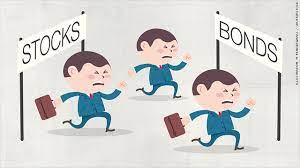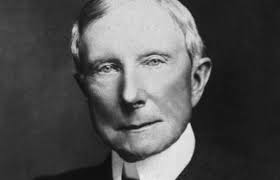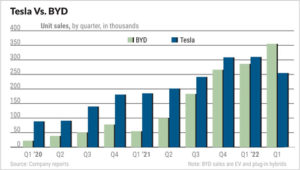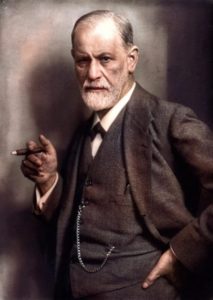In Search of Meaning, Redux
Part II: Worse, Then Good
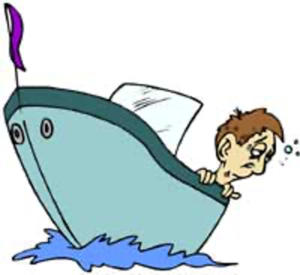
After an evening of anxiety and self-flagellation, I decided that K had the right perspective. My stolen bag and its contents could be replaced. Easily. And the loss of income, though substantial, could also be replaced in time with some energy and effort.
So, no, I would not book the next flight back to the US to deal with it in familiar surroundings. I would ask Gio to rush me a replacement computer. And until it arrived in Greece, I would do as much work as I could typing with one finger.
Gio bought one (pink was the only available color) the next morning, and shipped it via FedEx Express that afternoon. It would arrive at our B&B in Naxos in four days, the agent told her.
Meanwhile, we flew to Mykonos to meet our friends (who were already on the boat) and embark on our 10-day exploration of the beautiful Cyclades islands. The boat, a catamaran, was largish and luxurious. Our bedroom was small but comfortable. The captain and his mate were welcoming. And our first meal on board was satisfying.
We docked at Paros the following day and set out to explore the island. Stepping down off the gangplank, I felt a sudden, sharp pain in my left foreleg, at the point where the Achilles tendon ties into the calf muscle. Having had two ruptures of the Achilles tendon before, I could tell that this was a minor tear, one that would eventually repair itself. But it left me half-hobbled and unable to walk at a normal gait. Luckily for me, one of our friends, Roger, had an arthritic knee that was acting up. So, we limped along together, behind the others.
Like many seeming setbacks, our mutual handicap had a silver lining. Roger is, among other estimable accomplishments, an art historian with an encyclopedic knowledge of ancient art. I was able to take advantage of our situation by having him regale me with arcane details about the archeological sites we would be seeing, and it was good for Roger, too. He had a captive audience, someone who genuinely appreciated his expertise.
Thus, our onshore excursions were gratifying. And when we were on the boat, I spent every idle moment corresponding with my business partners on current projects and writing my twice-weekly blog posts. In addition, I spent several hours on a strategy for managing my now-reduced cash flow – a Plan A, a Plan B, and a Plan C (optimistic, realistic, and worst-case). This, I knew, was necessary not just for practical reasons, but also as a psychological palliative for my recent misfortunes. (Longtime readers know that I believe the best way to overcome a setback is to (a) accept it stoically, and (b) set to work immediately on a recovery plan.)
These activities had the hoped-for effect. My mood improved quickly, enabling me to participate in our common adventure without complaint. That, in turn, allowed K and our friends to enjoy their vacation without the unnecessary and undeserved burden of catering to a malingerer.
The island tours were, as I explained in the June 17 issue, terrific, exceeding my highest expectations. But on the penultimate day of our journey, sailing from Santorini to Naxos, the captain informed us that the seas would be choppy and that the trip, which normally takes five or six hours, would likely be “a bit” longer. As someone who is susceptible to seasickness, I was not happy to hear this. But okay. I would take my Dramamine as prescribed and be fine.

Oh wait! I remembered that the Dramamine was in the pilfered bag! And the seas were worse than the captain had imagined. We were sailing into a perfect storm. Within an hour, I was retching off the side of the boat. And the five or six hours turned out to be 10.
If you have ever been seasick to the point of vomiting, you know that the misery you feel extenuates time in a way that can only be described as torture. I spent the next nine hours curled up and face down on the deck, wiping bile from my lips and resisting the temptation to hurl myself off the side of the boat and drown.
Finally, finally… we arrived at the port. I hobbled off the boat, lay down on a park bench in a nearby plaza, and stayed there until my stomach settled and the vertigo receded. We took a taxi to our B&B, where I slept for nearly 10 hours. I woke, feeling fine, and enjoyed the next three days in Naxos, a wonderful seaside city in every respect.
Of course, the laptop Gio had sent me did not arrive at the B&B while we were there. It was held up in customs, and was then forwarded to Athens, where we were spending another several days. It did not arrive while we were in Athens either. And so, I had no choice but to have it returned from whence it came in Florida.
Our trip to Greece completed, we said our goodbyes and K and I took a plane to Rome. As I said in the June 28 issue, Rome was, as always, marvelous. The hotel K had booked was five stars. The city was alive and thriving. And our week there, just the two of us, was a happy ending to a journey that had begun so badly.
So, no, I don’t feel like I was victimized by the robbery. Or by the injured muscle. Or by the customs officials or by the fact that my credit cards didn’t work in Rome’s ATMs. I feel like my misfortunes had been due, at least in part, to imprudent decisions on my part. And I was happy to have gotten beyond them.

